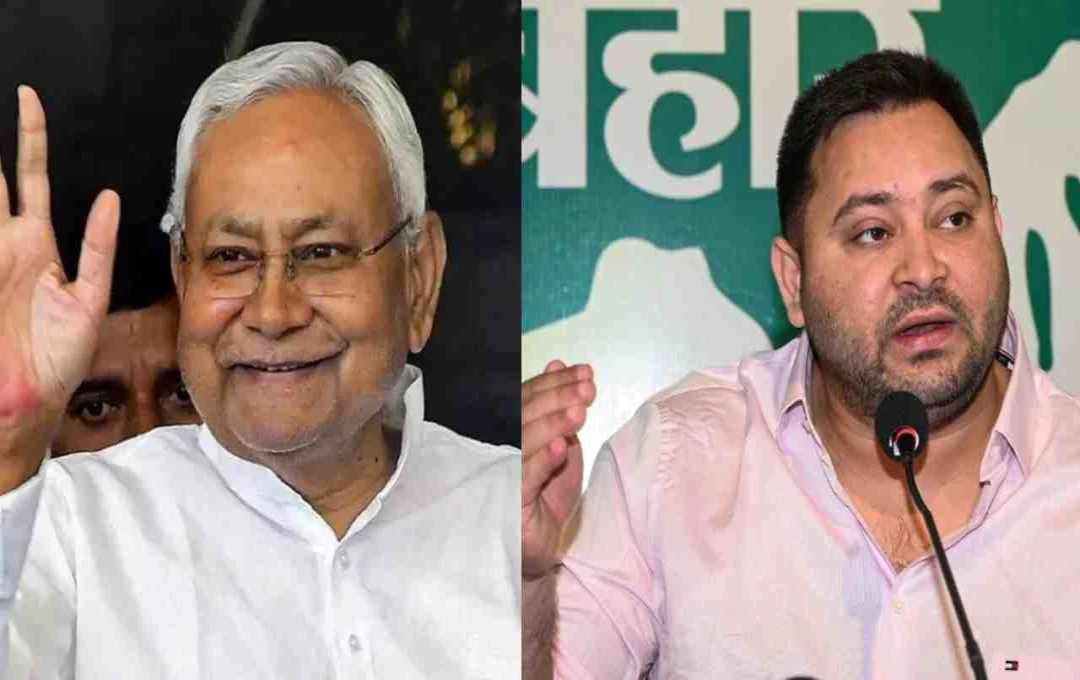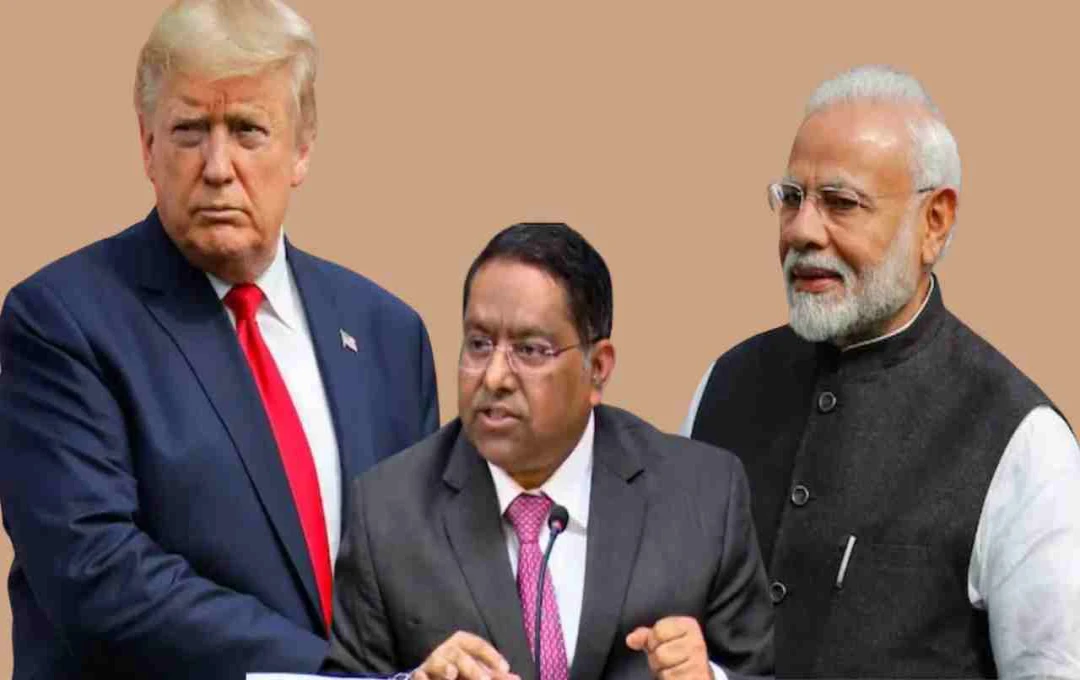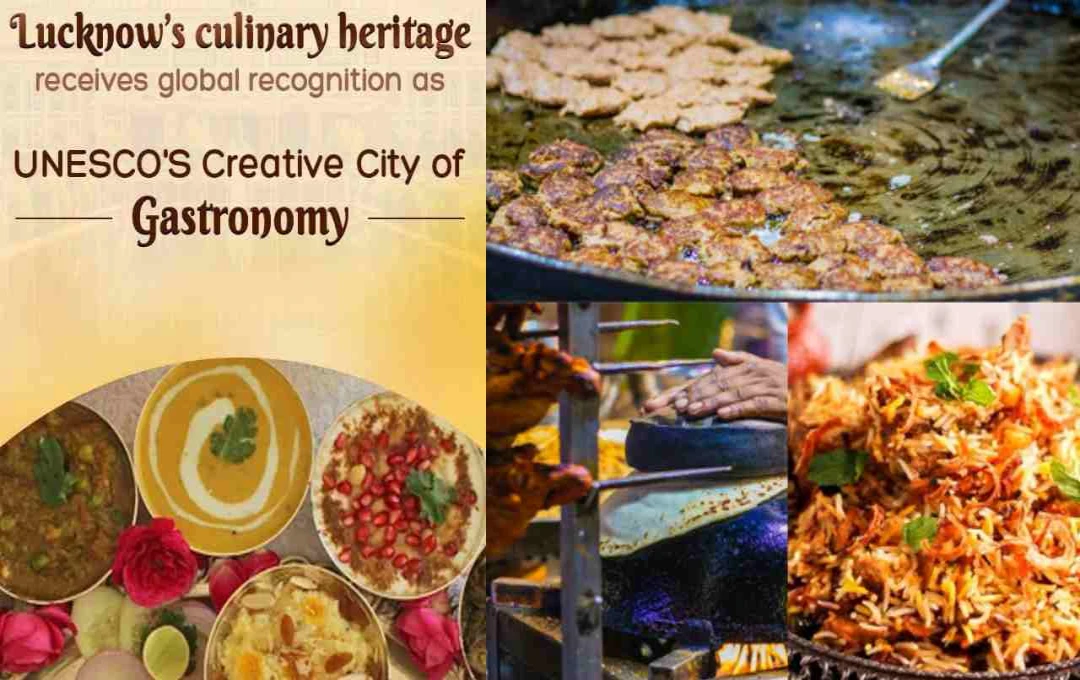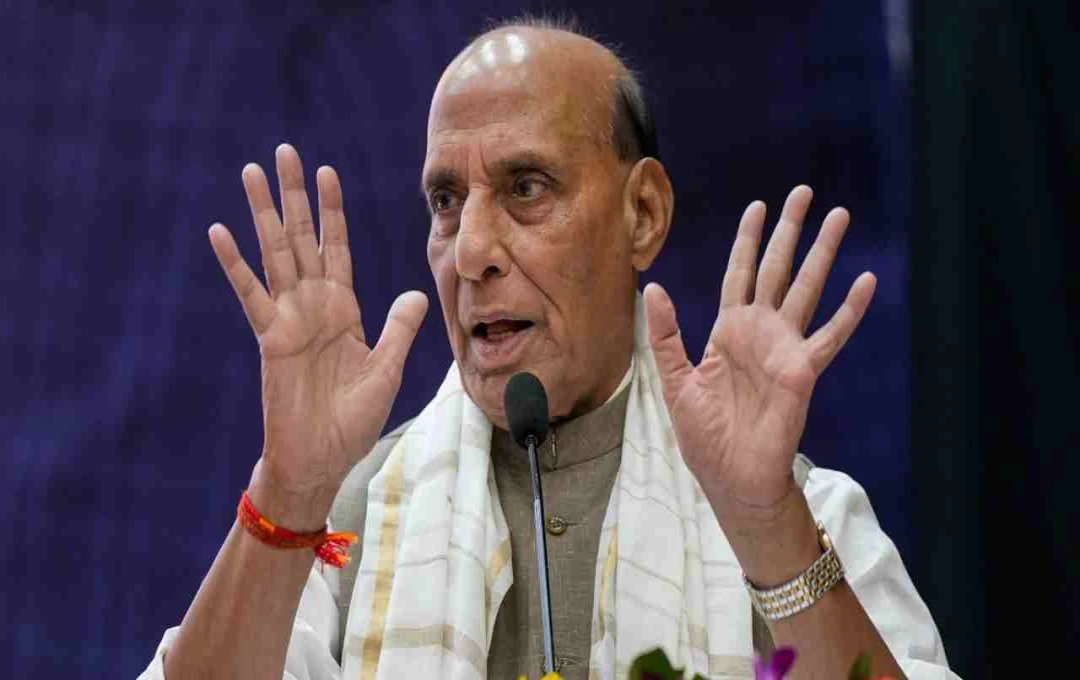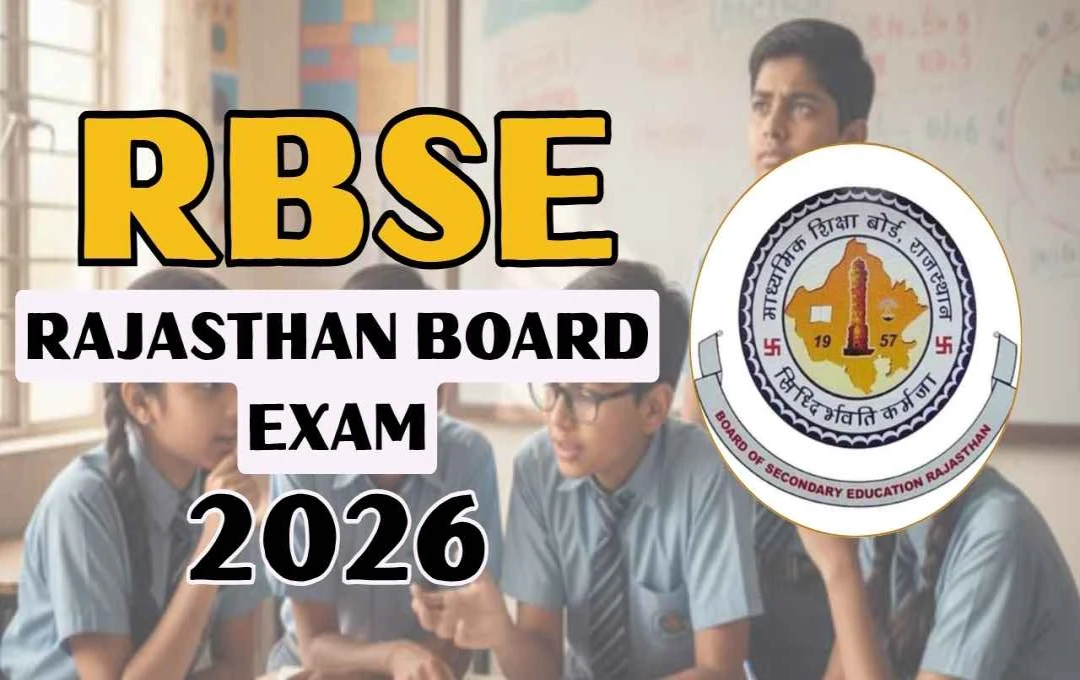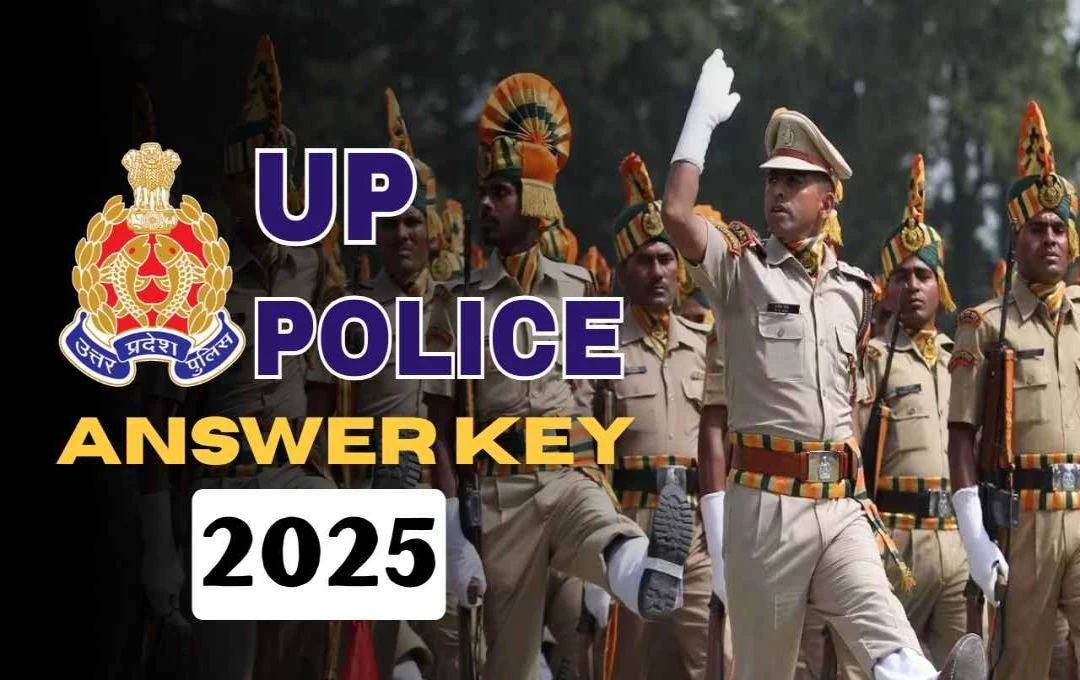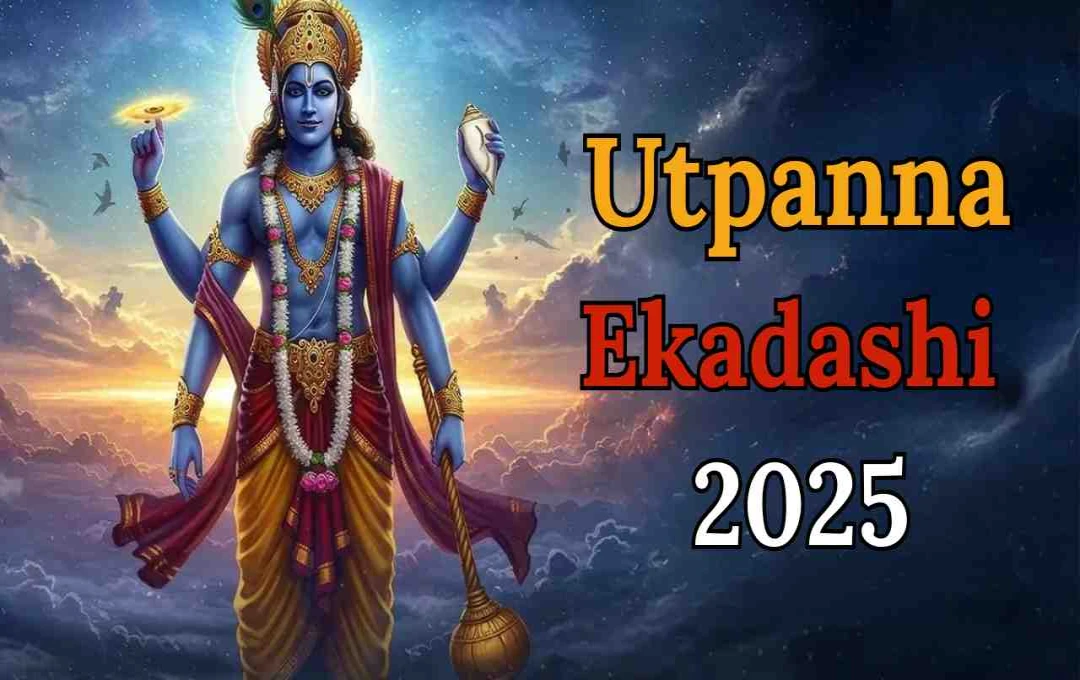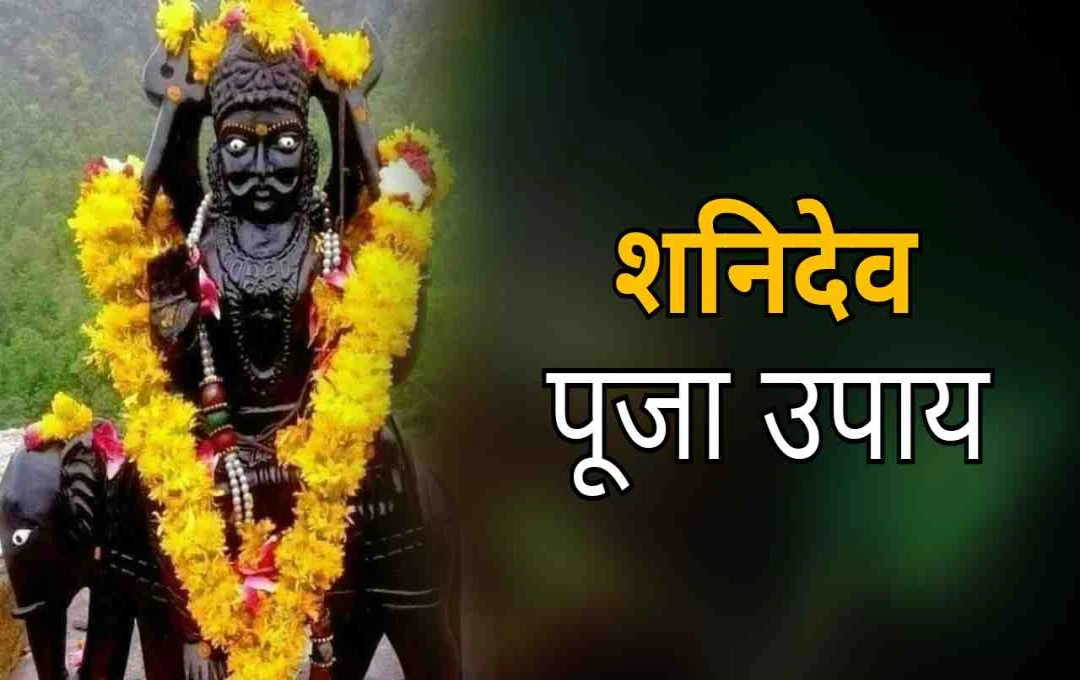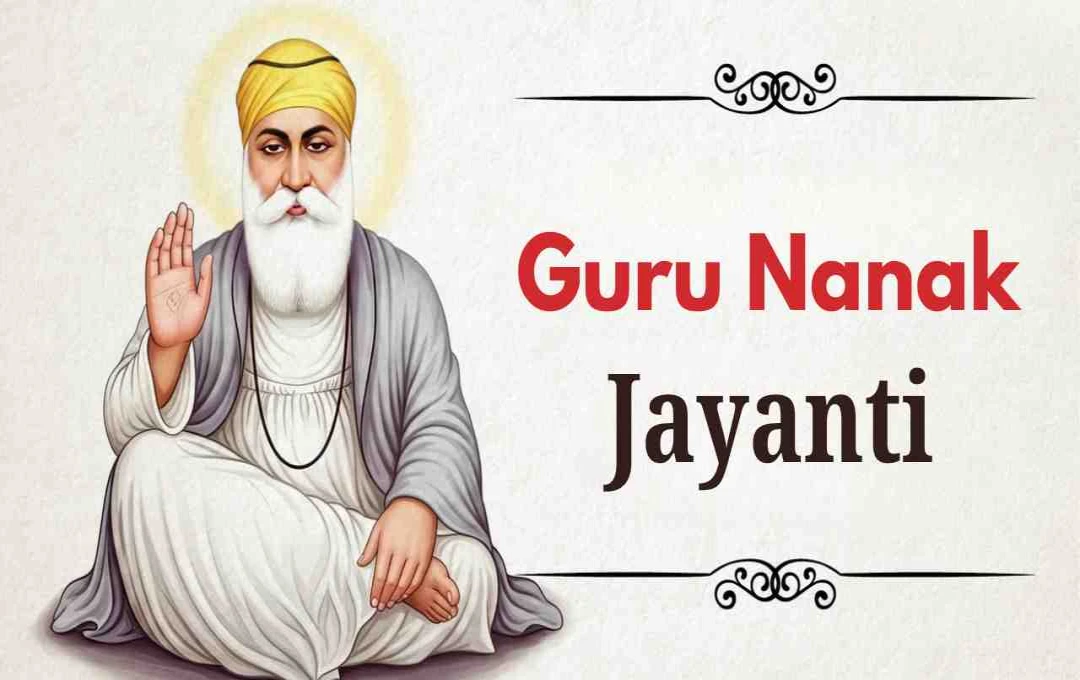As the assembly elections in Bihar draw closer, political activity is intensifying. On one hand, Chief Minister Nitish Kumar is showering the state with schemes and announcements, while on the other, the opposition Grand Alliance (Mahagathbandhan) is gearing up to sharpen its election campaign with the slogan of ‘August Kranti’ (August Revolution). The Grand Alliance, led by the Rashtriya Janata Dal (RJD), is presenting the month of August as a symbol of ‘political change.’ The opposition has clearly indicated that it is preparing to corner the Nitish government on all fronts this time.
Tejashwi Yadav, the Leader of the Opposition in the Assembly, has announced that after Raksha Bandhan, the leaders of the Grand Alliance will take to the streets of Bihar and hold public meetings across the state. Several national leaders, including Rahul Gandhi, will participate in this campaign. Tejashwi has also said that he himself will lead a public awareness campaign regarding the ongoing irregularities in the voter list. He alleges that the voting rights of many people are at risk during the Special Intensive Revision (SIR) of the voter list.
Tejashwi claims that the crime graph in the state has become uncontrollable. He says that more than 100 murders have taken place in the state in the last 10 days. He has termed it a ‘Jungle Raj’ and has completely failed the Nitish government. At the same time, Congress state president Rajesh Ram has also supported the strategy of the Grand Alliance, saying that the revolution will begin in August and the fight for the people will be fought with full force.
Why the Political Use of August Kranti is Important
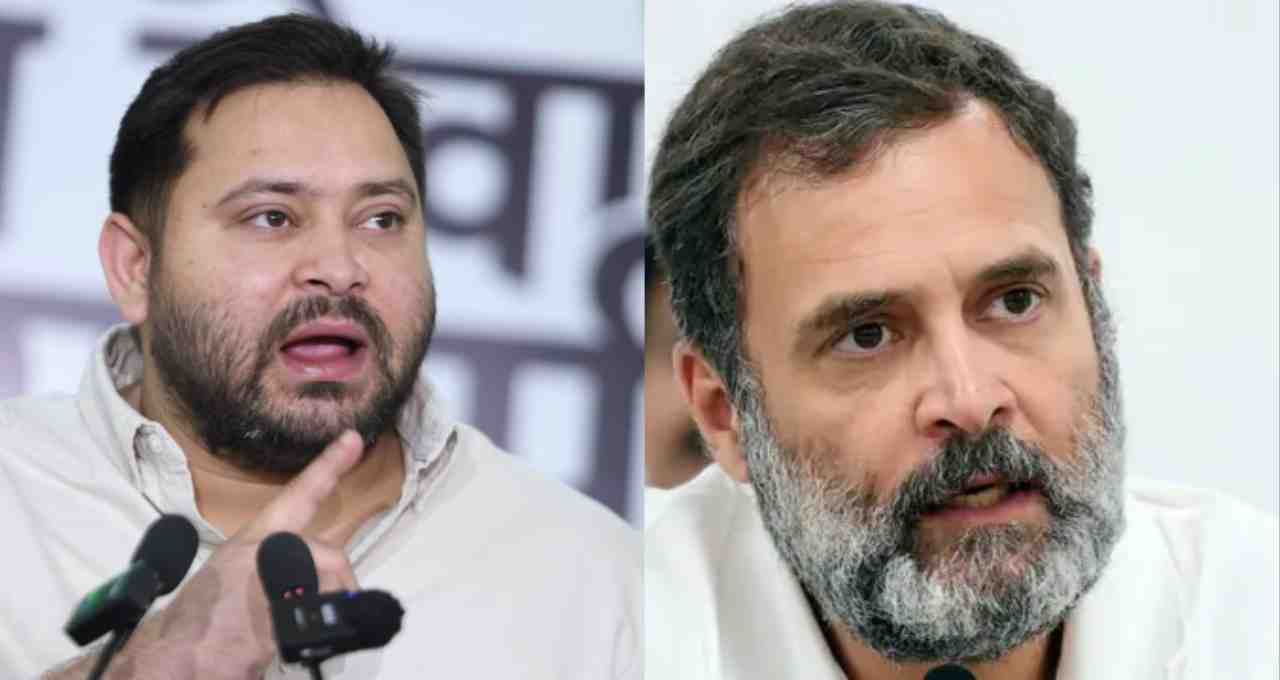
The Grand Alliance has adopted ‘August Kranti’ not just as a slogan but as an emotional and historical symbol. The Quit India Movement was started in August 1942 by Mahatma Gandhi. The slogan of this movement was – ‘Do or Die’. This movement shook the foundation of the British rule, and the country gained independence just five years later.
The opposition is now trying to connect this historical association with the people. They hope that this will not only create an emotional connection among the masses but also help in mobilizing people against the current government.
The Grand Alliance's strategy is focused on exposing the government's weaknesses. Issues such as the continuously increasing crime rate in the state, the electricity crisis, unemployment, and administrative failures are prominent on the opposition's agenda. The opposition is trying to capitalize on the decline in the popularity of Nitish Kumar, who was once known as 'Sushasan Babu' (Good Governance Man). The duo of Tejashwi and Rahul is trying to sharpen their campaign through dialogue with the public.
Nitish Kumar's Shower of Announcements
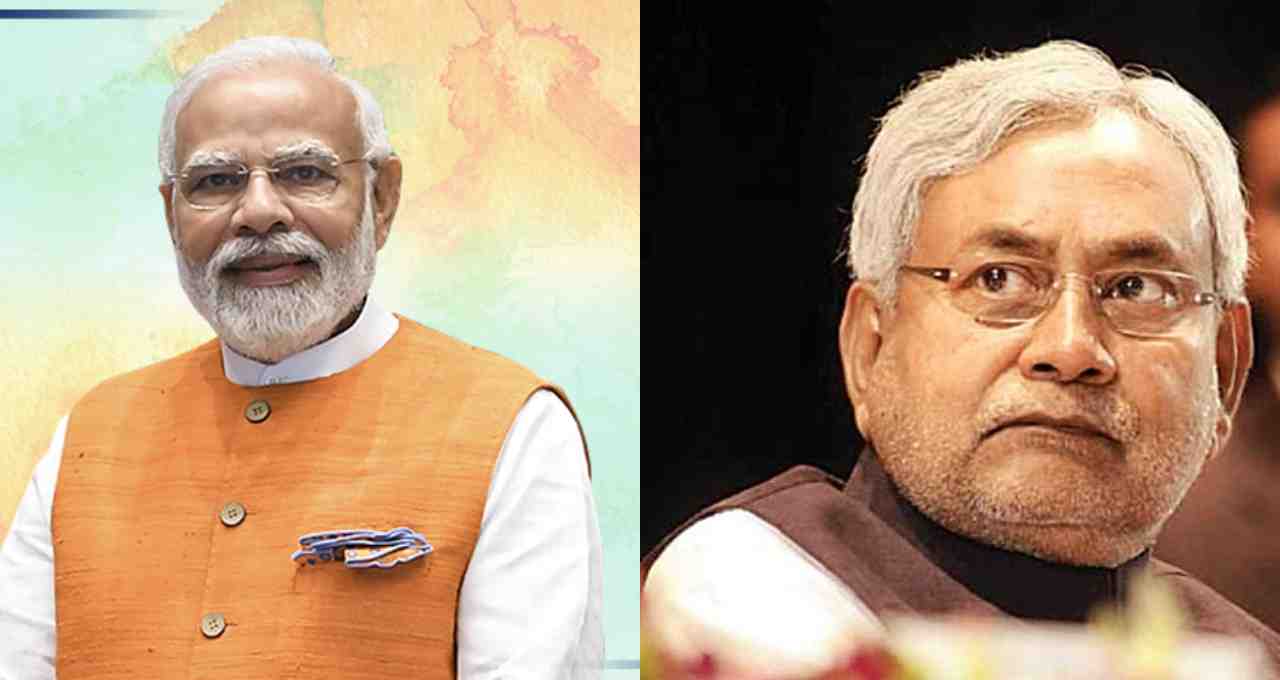
On the other hand, Chief Minister Nitish Kumar also knows that the competition will not be easy this time. That is why he is constantly making populist announcements. Recently, he announced an increase in the monthly incentive amount for ASHA workers from Rs 1,000 to Rs 3,000. Mamta health workers will now be given Rs 600 per delivery, which was earlier Rs 300.
The Nitish government has also tried to appease journalists. Under the Bihar Journalist Honor Scheme, the monthly pension of registered retired journalists has been increased from Rs 6,000 to Rs 15,000. Apart from this, development projects worth about Rs 650 crore have been started in Madhubani district. The aim of these announcements is to stem the anti-incumbency wave and regain the trust of the public.
From the NDA's side, Prime Minister Narendra Modi's face is also in a prominent role. Modi has visited Bihar six times in recent months. This shows the seriousness of the BJP. The BJP hopes that Modi's popularity and Nitish's schemes together will be successful in attracting voters.
Bihar Ready for the Political Battle
Assembly elections are likely to be held in Bihar in October-November. In such a situation, the political temperature of the state is at its peak. On one hand, the opposition is trying to awaken public sentiment through ‘August Kranti’, while on the other hand, the NDA government is standing firm in the field on the strength of development schemes and central schemes.
This fight is not just about announcements but is also becoming about trust and leadership. Now it remains to be seen whether the public listens to the call for change in the roar of ‘August Kranti’ or gives Nitish's schemes and Modi's face another chance.
